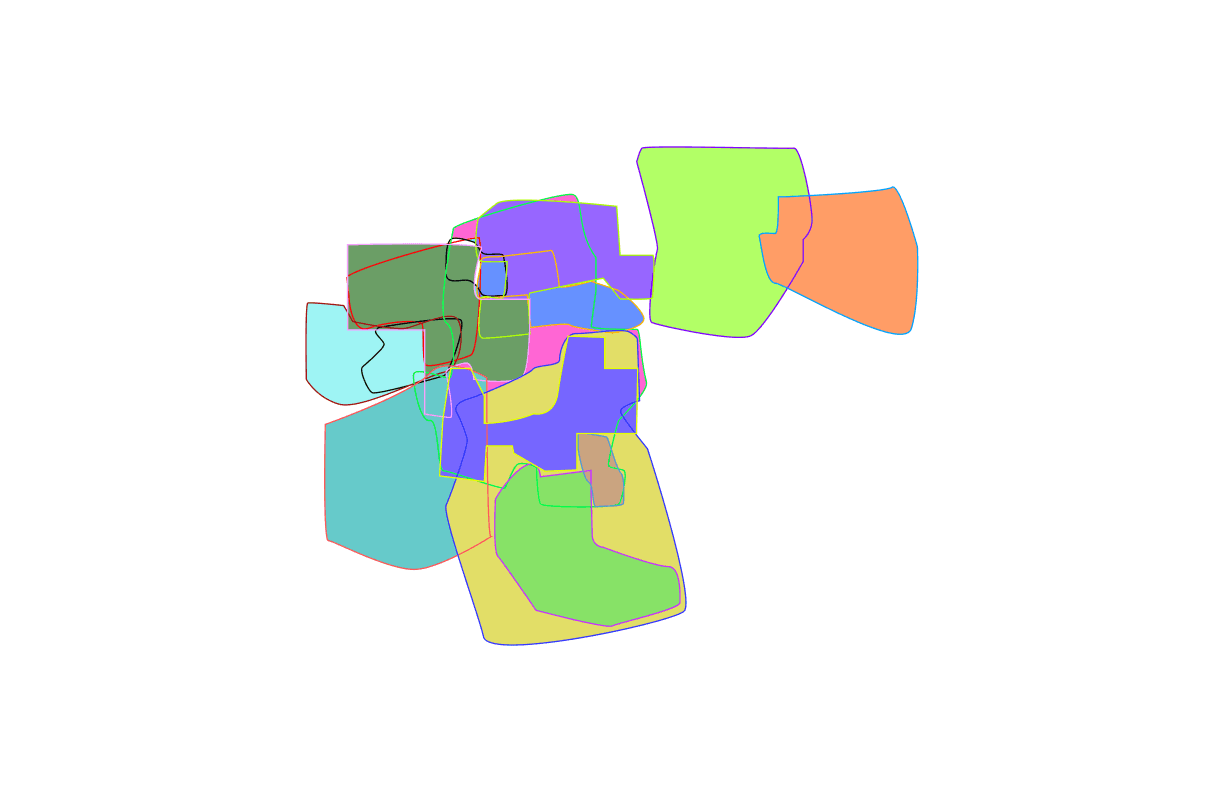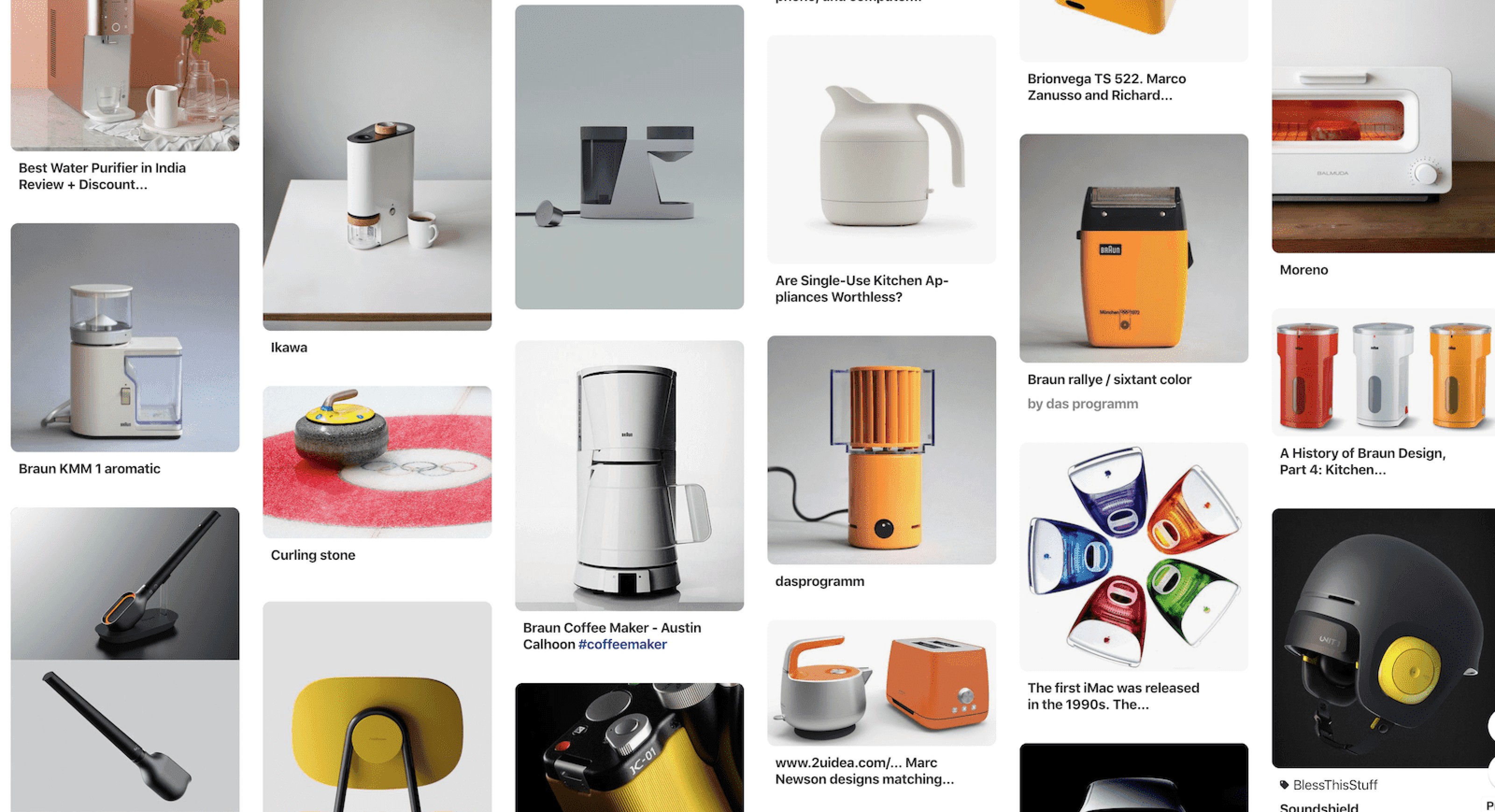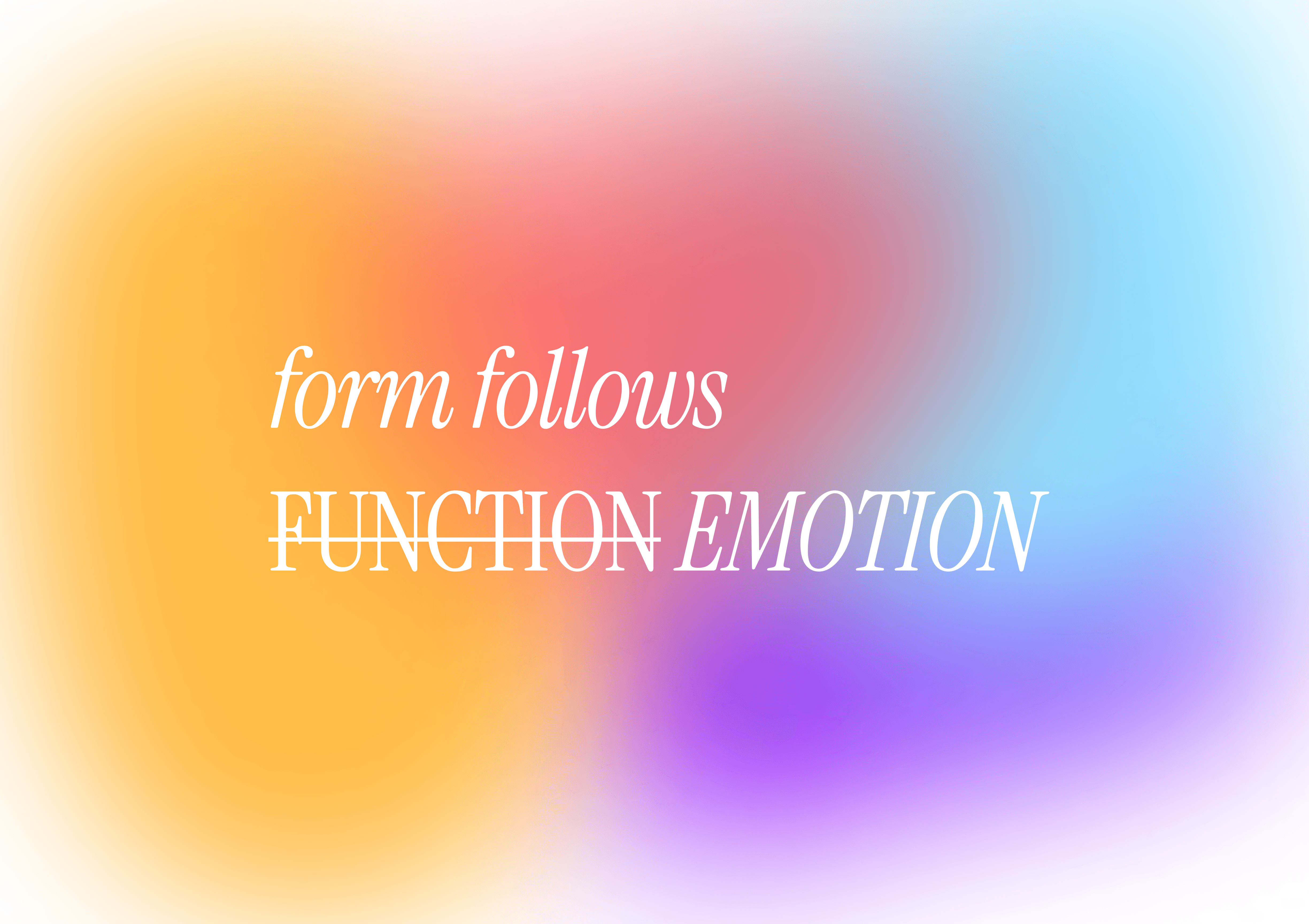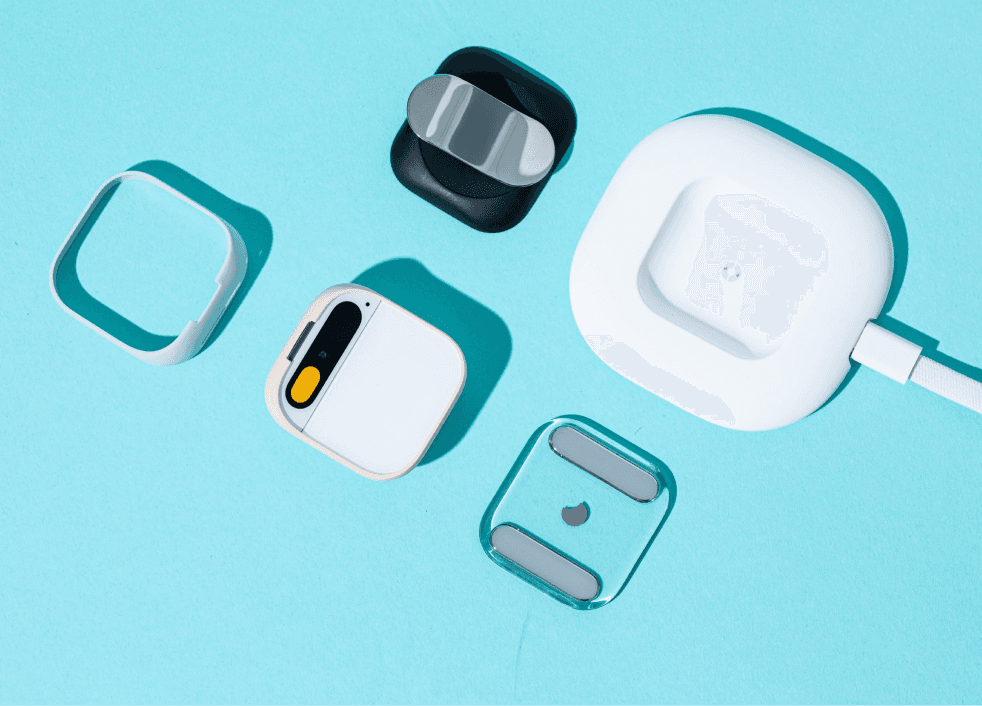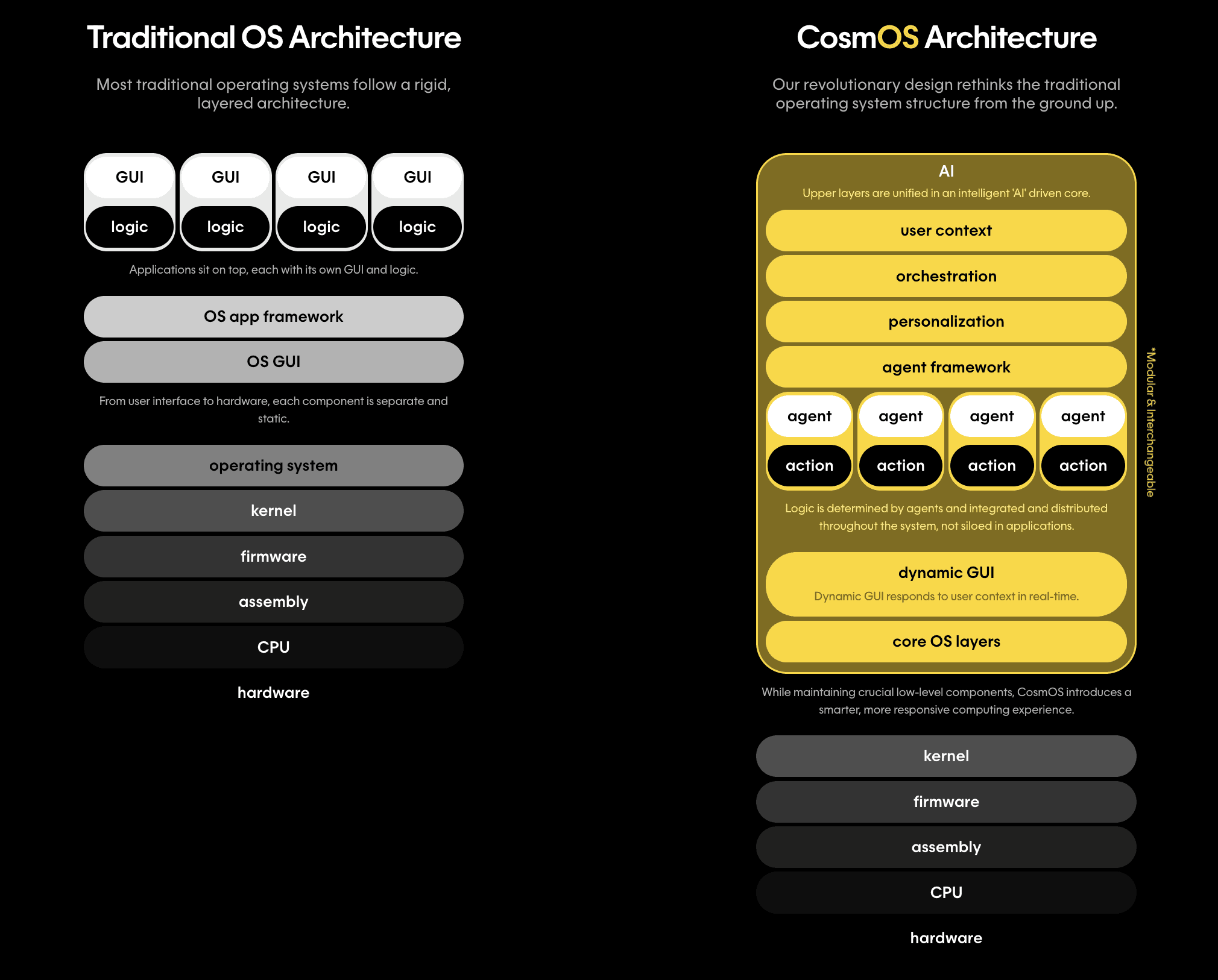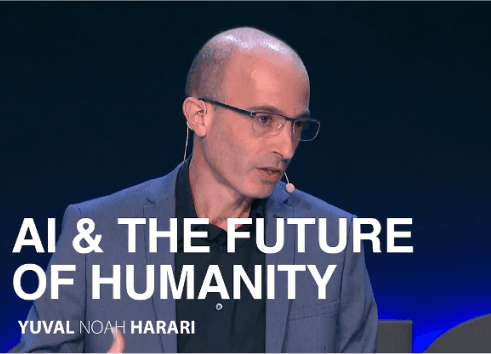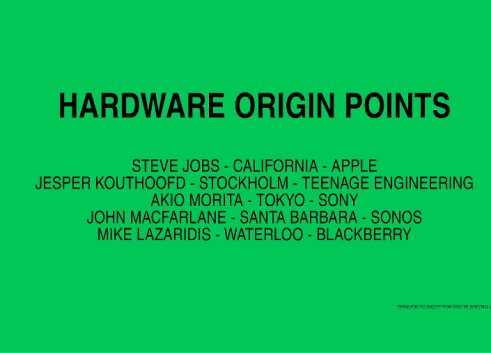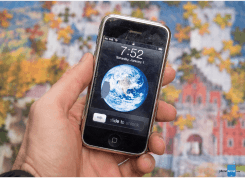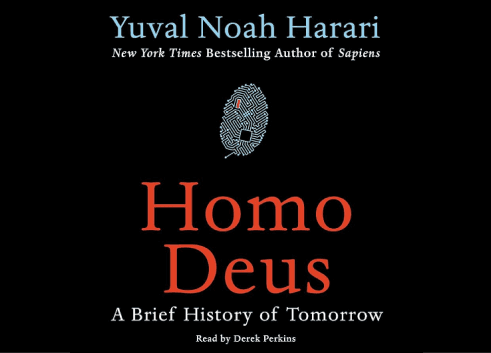How can we change the way we use technology to be more personal and emotionally driven?
Read my manifesto, click here🪄
They are some reflections and my vision of the future of tech and how I want to design for the world.
Emotional Relation with Technology 📱 My thesis explores how AI-driven design can transform personal technology into emotionally resonant, human-centered tools that enhance connection and creativity while respecting user trust and privacy.
Exploration and projects done over the semester
At present, devices such as AI wearables operate largely as standalone products, often requiring user effort to integrate them into existing workflows. This limits their potential to transform how we engage with technology daily.
By designing a system where devices can talk to each other, share contextual data, and adapt in real time, we unlock the possibility of a more cohesive, intuitive experience.
This thesis is rooted in the idea that form should follow emotion - technology should not only serve functional needs but also resonate with users on a personal level.
A unified system would allow devices to anticipate user needs based on "shared data" across the ecosystem, offering seamless transitions between tasks. For example, an AI pin could project navigation while syncing with a smartwatch to display heart rate data or seamlessly hand off music playback to earphones when needed.
The Intelligence Age
by Sam Altman
Explores AI’s potential to enhance human abilities, transforming industries and society. He emphasizes the need for ethical use and scalable infrastructure to ensure AI benefits everyone.
AI and the future of humanity
by Yuval Noah Harari
Discusses AI as a powerful “alien intelligence” with the potential to reshape society positively. He emphasizes AI’s language mastery and calls for ethical regulation to ensure it enhances human capabilities while maintaining trust and social cohesion.
A LAND WITHOUT GIANTS
by Reggie James
Critiques the tech industry’s reliance on mimicking past giants like Steve Jobs, arguing for new leaders with fresh perspectives. He calls for innovative, diverse thinking to avoid stagnation and advance progress.
My Dad’s iPhone
by Marco Cornacchia
Reflects on the emotional bond formed with personal technology, emphasizing how well-designed devices can become deeply integrated into our daily lives, shaping our experiences and memories.
Designing for the AI Era
by Humane
Advocates for ethical AI design that prioritizes privacy, transparency, and human-centered interactions, aiming to create seamless, distraction-free technology that respects users’ trust.
Homo Deus: A Brief History of Tomorrow
by Yuval Noah Harari
Examines humanity’s future in an AI-driven world, exploring how technological advancements could transform societies, redefine human agency, and challenge current systems of power.
Talk Talk Talk
• Connect with industry professionals in AI, design, and human-computer interaction to gauge the relevance of the thesis topic.
• Gather feedback on the viability, technical soundness, and practical applications of an emotion-based, adaptive ecosystem for personal technology. (that's a lot haha)
• Find any blind spots or overlooked details I missed with these experts.
If that's you let's talk
• Informally test the concepts with potential users to understand their expectations, concerns, and reactions to emotionally adaptive systems.
• Casual interviews, like I've been doing throughout the semester, to identify key pain points and opportunities for refinement.
• Build on existing experiments and concepts to create more concrete prototypes or ideas.
• Explore additional mediums to articulate the emotional and adaptive aspects of the thesis?

